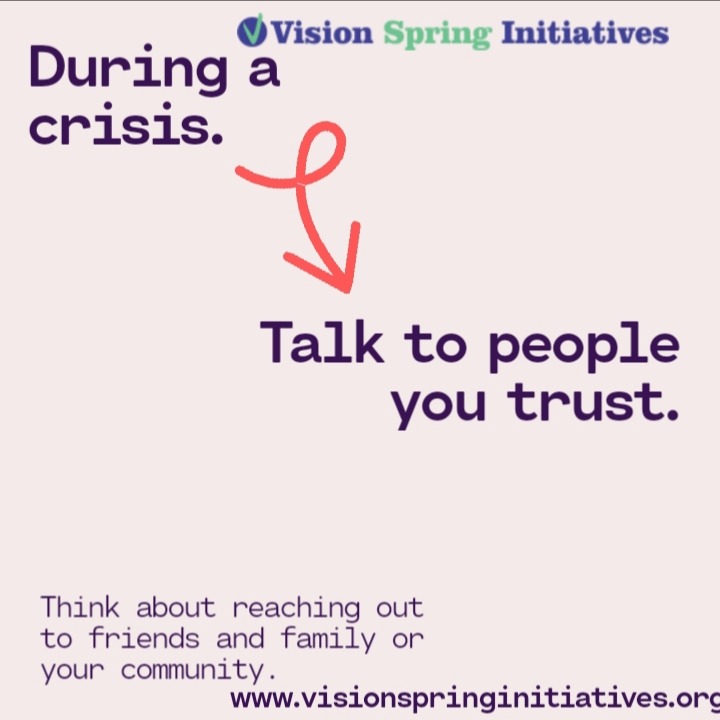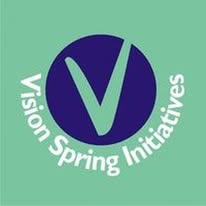
The first corona virus case was reported on February 27 by the Virology Laboratory of the Lagos University Teaching Hospital, part of the laboratory network of the Nigerian Centre for Disease control. This first case was reported to have arrived from Milan and travelling through Lagos to another state. He was the first confirmed patient in sub-Saharan Africa. The first corona virus death was recorded on March 23 2020, a 67 year old male who returned to Nigeria following medical treatment in the United Kingdom.
As at the 15th of April 2020 a total of 407 cases of coronavirus were confirmed. While 128 persons recovered, 12 died. All over the world following the outbreak of the pandemic there has been increased report in violence, robbery and acts of banditry, sexual violence, poor service delivery and lock downs.
Vision Spring Initiatives a non-governmental, not-for-profit making organisation has been in the fore front of supporting sexual and reproductive health needs of women and girls, including responding to gender based violence and its root causes. This approach has focused on enhancing capacities which enable women and girls to demand equality and make informed choices regarding their well-being.
The incidence of covid-19 has exposed the lack of preparedness of many governments including Nigerian government in tackling health and human rights issues that affect its citizens. According to Premium Times report of April 16, 2020, Nigerian security agents enforcing the corona virus lock down in Nigeria has killed more citizens in the last two weeks than the deadly virus. This report made available by Tony Ojukwu the Executive Secretary of National Human Rights Commission stated that while the pandemic has killed a total of 12 persons as reported by Nigerian Centre for Disease Control, (NCDC) so far, security operatives have killed 18 people. According this report, 12 persons were killed in Kaduna state, 2 in Abia state, while Delta state, Niger, Ebonyi and Katsina states have recorded 1 death each. So far the National Human Rights agency has documented 105 human rights violation nationwide with Lagos having a total incident of 28 cases.
Through the work of civil society organisations, there have been reports of gender based violence leading to death of women and girls. Unfortunately these cases have not been separately captured and documented. This is not surprising considering the paucity of data in Nigeria and the trivialising of gender based violence by police as family matter. The Federal government implemented total lock down in Lagos Abuja and Ogun states without considering that informal employment is the main source of employment in the country. Informal workers lack benefits such as health insurance, paid leave and automatically locked out of the government palliatives which targets retirees and tax payers.
Sexual and reproductive health and rights services which has already suffered set-backs due to poor budgetary allocation was further jeopardized by the outbreak of the covid-19 pandemic. This write up focuses on rethinking our strategy in service delivery and response to gender based violence. The lock down has meant lack of access to sexual and reproductive health and rights commodities including contraceptive devices, leading to possibility of increased number of unwanted pregnancies, increased cases of sexual and gender based violence, women and girls inability to access shelter facilities and safe homes.
Moving forward the world should focus on SRHR services that are user friendly that can be administered by the users; there is an urgent need to tackle root causes of gender based violence through working with men and boys as equal partners with women and girls as a strategy for ending violence against women. We consider this approach unique and enduring hence our reason for adopting it.
Ngozi Nwosu-Juba
Project Director, Vision Spring Initiatives
